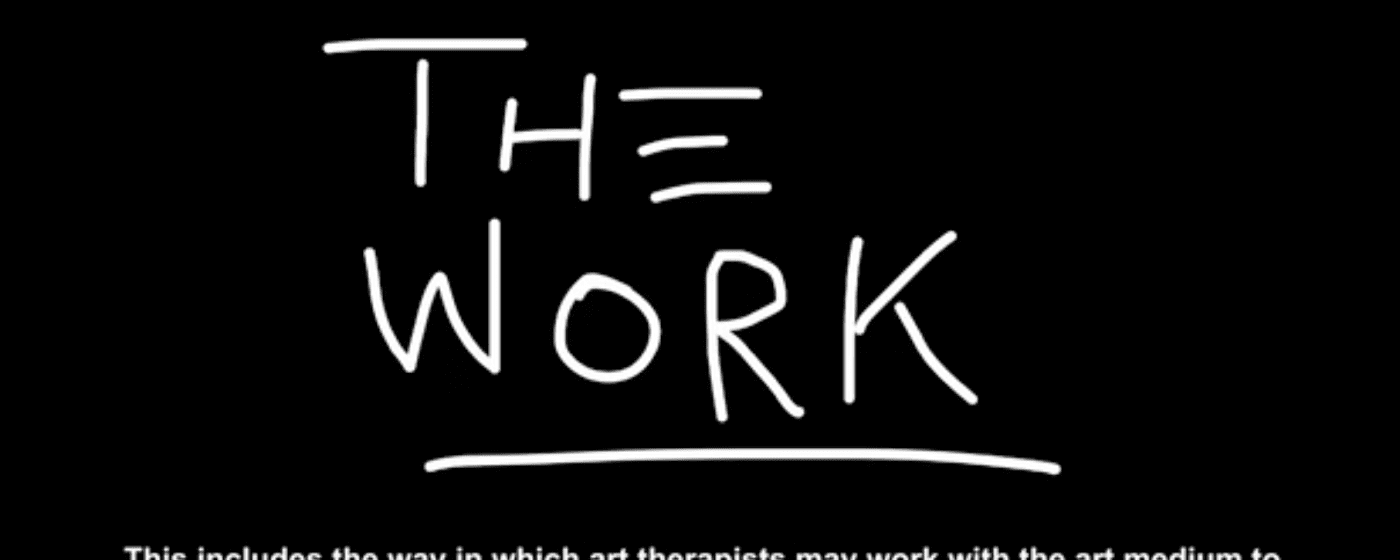-
Date
1 July 2021
-
Time
6 - 7.30pm
-
Free, booking required
Book Here
For a number of years, Iniva’s learning programme has taken an integrated art and art therapy informed approach to support creativity, broaden confidence, embed emotional learning and crucially increase the understanding of artistic practice: who can make it, who has access to it and who is represented within the art world.
This talk will provide opportunities to consider the importance of asking who holds the power, how is privilege felt and how does this impact not only art therapy practice but also art therapists own biases, all the while acknowledging the disparities between need and access to informed therapeutic support.
We are pleased to provide space to discuss how those working within art therapy can help to recognise and address these imbalances.
Time will be made for Q&A and audience discussion.
About the speakers:
Sarah Furneaux-Blick currently co-leads on Iniva Creative Learning’s schools project ArtLab+. A designer and art psychotherapist, qualifying in 2017, her creative practice is influenced by social activism and focuses on traditional craftsmanship of weaving as a means to document time, processes and ideas around ‘women’s work’. As an art therapist Sarah works mainly in education supporting children and young people to better understand their thoughts and feelings. Her approach is from an intersectional feminist perspective acknowledging the varied experiences of clients seeking support based on many intersecting identity markers.
Sejal Chad (she/her) is a psychotherapist, writer and activist with over fifteen years experience in the mental health and community support fields. A particular focus in her work is helping people and groups to understand and deal with the impact of past trauma and oppression. She offers training and support to higher education staff and students around sexualised violence, including child sexual abuse, and facilitates survivor consent workshops and support groups. She was also involved in organizing the 2015 Clear Lines Festival, the first four day event of its kind solely focused on issues of sexual violence and consent. Chad has worked with adults and young people in a range of settings, including suicide intervention, women affected by the criminal justice and mental health systems, and student counselling services in schools and universities.
Corrina Eastwood is an artist, art psychotherapist, lecturer, writer and activist. She is a Romani woman and has been prompted by personal experiences of marginalisation and oppression felt at the intersect of being both GRT (Gypsy Romani Traveller) and a women, to develop an interest in the privileging of marginalised voices and the challenging of social disparities and normative power, through art, art therapy practice, activism and education. Corrina has been a practicing artist for over 25 years working as a painter, with film and more recently with sculptural form and found objects. Following completion of her BA hons in FineArt Painting in 2000, Corrina went on to complete her MA in Art Psychotherapy and work in a range of third sector settings and in private practice. This has included women’s charities with survivors of domestic abuse and violence, with adults experiencing homelessness and addiction issues, in therapeutic communities, in medium secure wards working with women with personality disorder diagnosis, and in children’s charities where she managed several therapeutic services within schools.
In 2012 she co founded the intersectional feminist arts organization Sweet ‘Art and in 2015 founded feminist art therapy charity Outskirts. She currently works as a supervisor and lecturer specializing in practicing from psychodynamic foundations, integrating intersectional and feminist perspectives, exploring identity and difference and raising a consciousness in practitioners surrounding issues of power, privilege and prejudice in art therapy practice.
For this talk we draw heavily on her publication: White privilege and art therapy in the UK: are we doing the work?
Image: White privilege and art therapy in the UK, Corrina Eastwood, still from video
